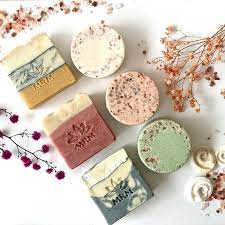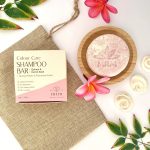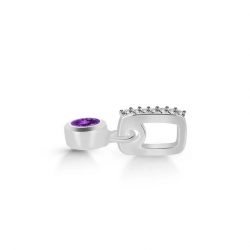History of Soap-Making and the Resurgence of Organic Soap Bars
Soap has been an essential part of human hygiene for centuries. From ancient civilizations to the modern world, the art of soap-making has evolved significantly, and in recent years, there has been a remarkable resurgence of interest in best organic soap bars. In this comprehensive article, we will delve into the fascinating history of soap-making, tracing its origins and development through time, while also exploring the reasons behind the growing popularity of organic soap bars in today’s world.
The Ancient Origins of Soap
Soap-making has an ancient history that dates back thousands of years. Here are some key milestones in the early development of soap:
Babylonian Soap
The earliest recorded evidence of soap-making comes from ancient Babylon, around 2800 B.C. Babylonians combined fats, such as animal tallow, with ashes to create a crude form of soap. This mixture was used primarily for cleaning wool and cotton.
Ancient Egyptian Contributions
The ancient Egyptians further refined soap-making techniques by incorporating aromatic oils and herbs into their soap recipes. They used soap for personal hygiene, as well as religious and medicinal purposes.
Greek and Roman Soap
The Greeks and Romans also embraced soap for its cleansing properties. They made soap by combining lye (obtained from wood ash) with fats. Soap was used in public baths and became an integral part of their bathing rituals.
Medieval Europe and the Renaissance
With the fall of the Roman Empire, soap-making in Europe declined. During the Middle Ages, soap was a luxury item primarily imported from the Middle East. However, the Renaissance period saw a resurgence of interest in soap-making.
Soap Guilds and Regulations
In medieval Europe, soap makers formed guilds to regulate the trade. These guilds established quality standards and production methods, ensuring soap remained a valuable commodity.
Castile Soap
One notable soap variety that emerged during this period is Castile soap, originating from the Castile region of Spain. Castile soap was made from pure olive oil and was renowned for its mildness and quality.
The Industrial Revolution and Mass Production
The Industrial Revolution marked a significant turning point in the history of soap-making. The advent of modern machinery and chemical processes made soap production more efficient and affordable.
The Emergence of Commercial Soap
During the 19th century, commercial soap production grew rapidly. Companies like Procter & Gamble and Lever Brothers introduced brands like Ivory and Sunlight, making soap accessible to the masses.
Synthetic Detergents
In the early 20th century, synthetic detergents were developed as an alternative to traditional soap. These detergents, including brands like Tide, offered improved cleaning power and versatility.
The Resurgence of Organic Soap Bars
While conventional soaps and synthetic detergents dominated the market for much of the 20th century, the late 20th and early 21st centuries witnessed a renewed interest in natural and organic products. This resurgence laid the foundation for the popularity of organic soap bars.
Environmental Awareness
Growing environmental concerns and a desire to reduce the use of synthetic chemicals have fueled the demand for eco-friendly and organic products, including soap.
Health Consciousness
Consumers have become more health-conscious and are increasingly seeking products with natural ingredients that are gentle on their skin and free from harsh chemicals.
Artisanal Craftsmanship
The resurgence of organic soap bars is closely tied to the artisanal and handcrafted movement. Many small-scale soap makers are passionate about creating high-quality, personalized products.
Ingredients Matter
Organic soap bars are often made from natural ingredients such as plant-based oils, essential oils, and botanical extracts. These ingredients are chosen for their beneficial properties and are free from synthetic additives.
Benefits of Organic Soap Bars
The resurgence of organic soap bars has been driven by their numerous benefits, which are:
Gentle on Skin
Organic soap bars are known for their mildness and are suitable for all skin types, including sensitive skin.
Chemical-Free
They are free from harsh chemicals like parabens, sulphates, and artificial fragrances, making them a safer option for your skin and the environment.
Moisturizing
Many organic soaps contain natural moisturizers like shea butter and coconut oil, which help keep the skin hydrated.
Aromatherapy Benefits
Organic soap bars often incorporate essential oils that provide therapeutic aromatherapy benefits, promoting relaxation and well-being.
Conclusion: Embracing the Past for a Healthier Future
The history of soap-making is a journey that spans millennia, from its humble beginnings in ancient Babylon to the resurgence of organic soap bars in the modern world. As consumers become more conscious of their health and the environment, the demand for organic soap bars continues to grow. These soap bars, rooted in tradition and crafted with care, offer a natural and sustainable way to cleanse and nourish the skin while honouring the age-old art of soap-making. So, whether you’re drawn to the historical significance or the contemporary benefits, there has never been a better time to explore the world of organic soap bars.






















































